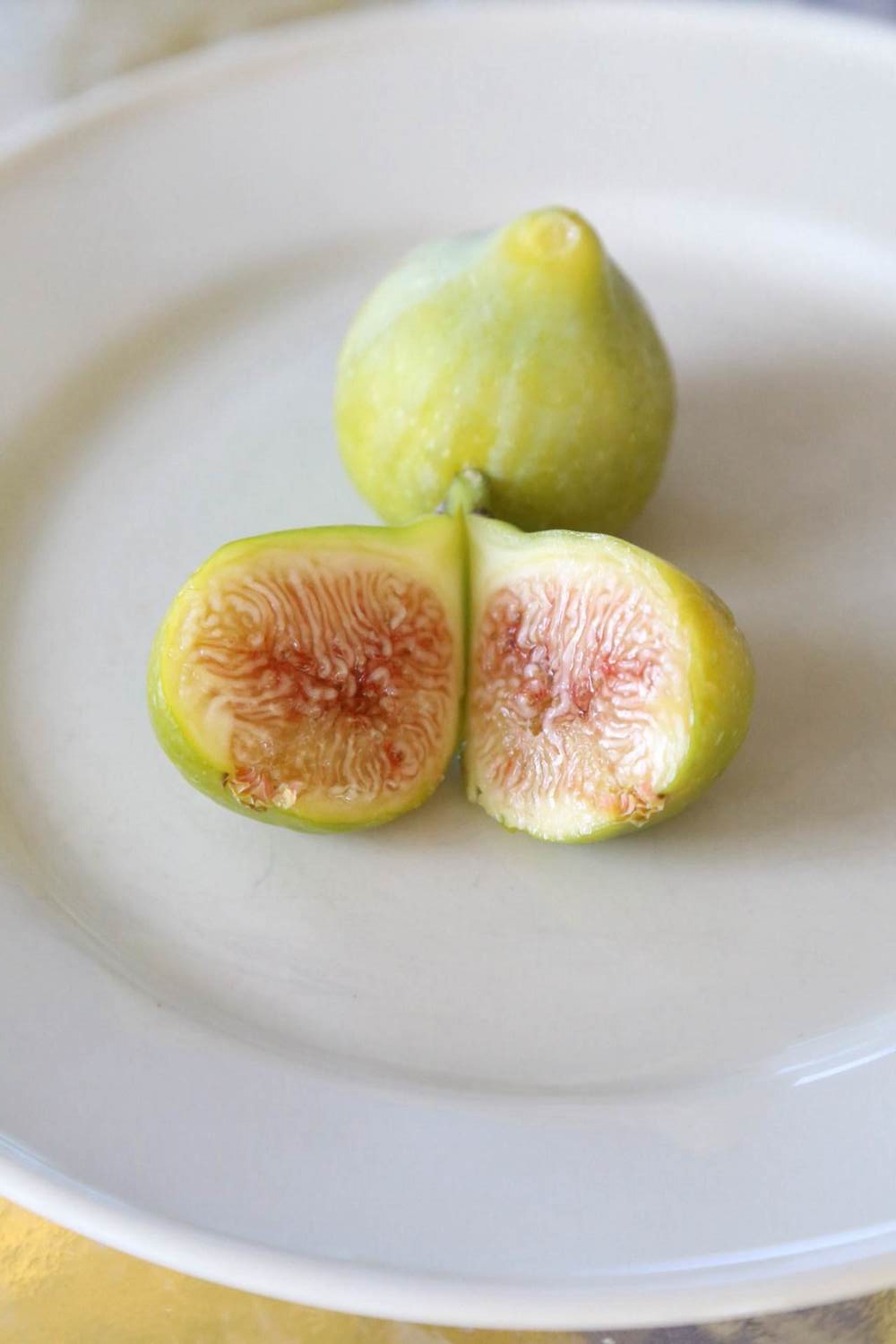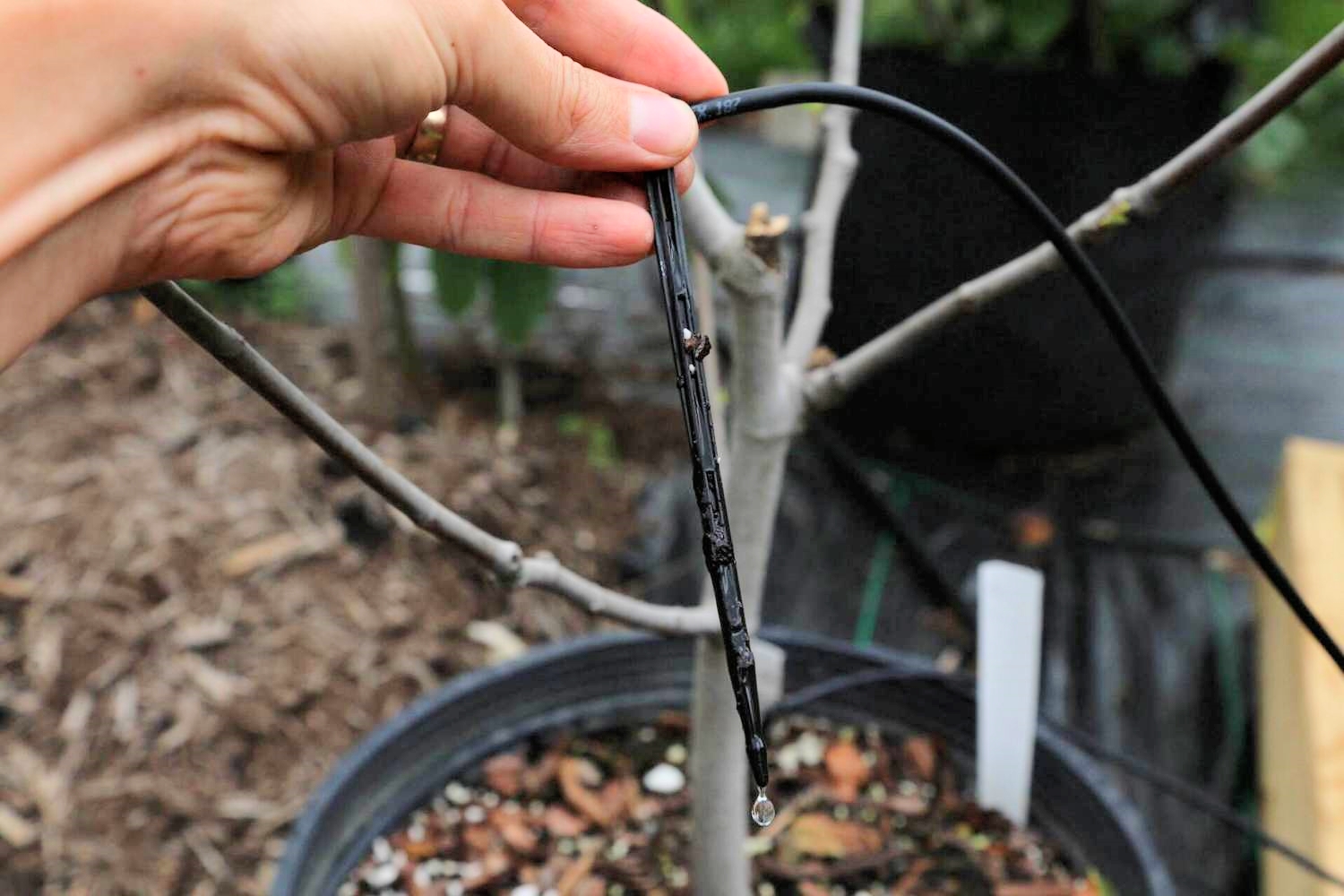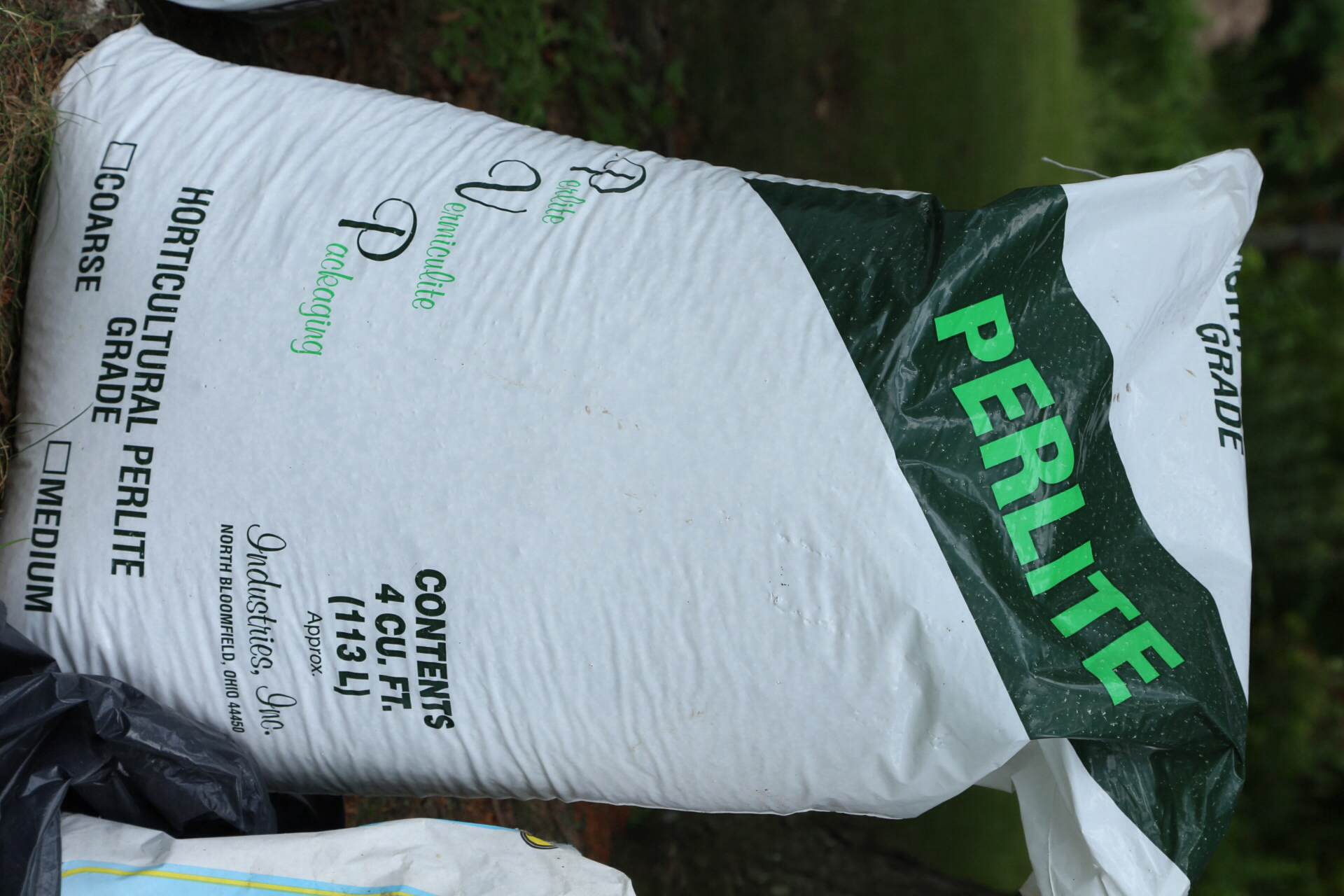Cost Breakdown
This is my best guess based off of what I pay locally. Your results may vary depending on the ingredients you buy in larger bags/bales versus smaller bags.
Pine Bark Fines - $6
Peat Moss - $1.50
Perlite - $1.50
Compost - Free - $1
Granular Limestone - $0.50
Fertilizer - $1
Total - $10.50 - 11.50
How does this compare to the big box store price? Based on a quick search, it looks like the 64 quart large bags of name brand potting mix go for $13-15 for 64 quarts (16 gallons). Assuming that this mix makes between 40-50 gallons, you're looking at about ~$40 for a comparable amount of mix, almost 4x the price.
Where do we get our stuff? Most everything can likely be found at your local feed store. We have a local Agway that carries most of the stuff or can order it in for us.
A cheap bucket from Lowes or Home Depot works for quickly measuring out 5 gallons. For the granular limestone and time-release fertilizer I usually just eyeball it. The ingredients are mixed in our garden cart with our ensilage fork (I call it our compost/manure fork). A shovel would work for mixing too but the fork really helps to move a lot of the mix at a time. I've heard of folks using a tarp to get things done or even a cement mixer (hey, it would save a workout!). It's a good idea to keep a hose around as you add the peat moss and perlite as they can sometimes be dusty. Plus, it's nice to have the mix a little damp when you're potting plants so the mix doesn't draw moisture from the plant.
That's it! I've sometimes pre-made a few batches of this for days when we do a lot of repotting. I've found that the nutrients in the pot supplied by the compost typically last a little over a full growing season for us, depending on the needs of the plant. After that we could either top-dress with fertilizer for the following season or repot the plant if it has outgrown its current pot.
Check below for some pictures of the individual components of the mix.
Update January 2017 - I've switched to a 5-2 or 5-3 mix using simply pine bark fines and compost. For compost I use spent mushroom substrate, mushroom soil, since it's readily available here. I used the mix for potting up fig cuttings later in the season and they did well. Had I done it a little earlier I could have reported back grown response but as it was late in the season the trees were slowing down anyways, plus I cut them back a little when potting up so the stress is less. To mix I simply dump a 3 cu ft bag of pine bark fines and 10 gallons of compost into a compost tumbler and turn it manually (good exercise!). The mix remains quick draining and fairly light. I have not tested pH but as the mushroom soil sits around a pH of 7 I imagine the mix to be in the 6-7 range.
The reason for removing the peat and perlite was mostly personal preference for simplicity, though perlite was significantly more expensive than the other components. Both peat and perlite can be very dusty when dry and I usually had to wear a mask when mixing it up or pouring in the components.
The mix I have now can pot up about 15 3-gallon plants for between $6-7 dollars, so about $.50 a plant doesn't seem bad. I think ProMix going into my smaller treepots (4x4x9", less 2/3rds of a gallon) runs around $.25 or $.30 apiece. This version of the mix saves about 3-4 dollars a batch over my previous mix detailed here. That's significant when you're mixing up 10+ batches a year. I may update the entire article later to reflect this change if we stick with it long-term.
Update August 2019 - I still get some questions about this, so I thought an update was in order. The mix above is still a great mix, and may work better for a variety of plants. However with figs, we’ve decided that simpler is better and now go with a 1:1 mix of pine bark fines and compost (mushroom soil in our case). The pine bark fines provide the structure and drainage, and the compost provides fertility and likely some water retention for the plants. For a 3 cu ft bag of pine bark fines, we’re adding 4-5 five gallon buckets of compost. We now mix this in a compost tumbler that we simply roll along the ground, making the process simple and quick. I’d estimate each batch costs us around $9 in materials to make since pine bark mulch at Agway has gone up to $8 or so a bag around us. That’s simpler and cheaper our previous mix and we don’t have to deal with the dust from perlite and peat moss.































